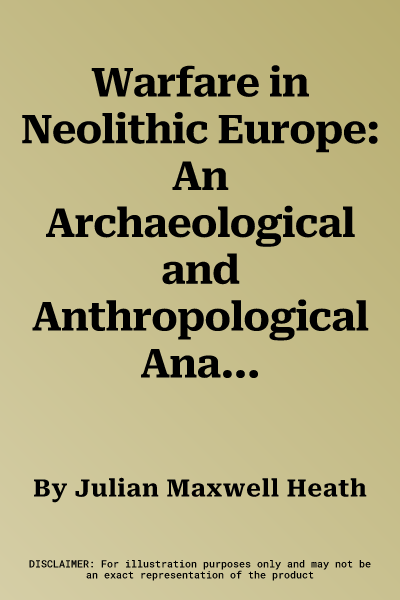The Neolithic ('New Stone Age') marks the time when the prehistoric
communities of Europe turned their backs on the hunter-gatherer
lifestyle that they had followed for many thousands of years, and
instead, became farmers. The significance of this switch from a
lifestyle that had been based on the hunting and gathering of wild food
resources, to one that involved the growing of crops and raising
livestock, cannot be underestimated. Although it was a complex process
that varied from place to place, there can be little doubt that it was
during the Neolithic that the foundations for the incredibly complex
modern societies in which we live today were laid.
However, we would be wrong to think that the first farming communities
of Europe were in tune with nature and each other, as there is a
considerable (and growing) body of archaeological data that is
indicative of episodes of warfare between these communities. This
evidence should not be taken as proof that warfare was endemic across
Neolithic Europe, but it does strongly suggest that it was more common
than some scholars have proposed.
Furthermore, the words of the seventeenth-century English philosopher,
Thomas Hobbes, who famously described prehistoric life as 'nasty,
brutish, and short', seem rather apt in light of some of the
archaeological discoveries from the European Neolithic.

